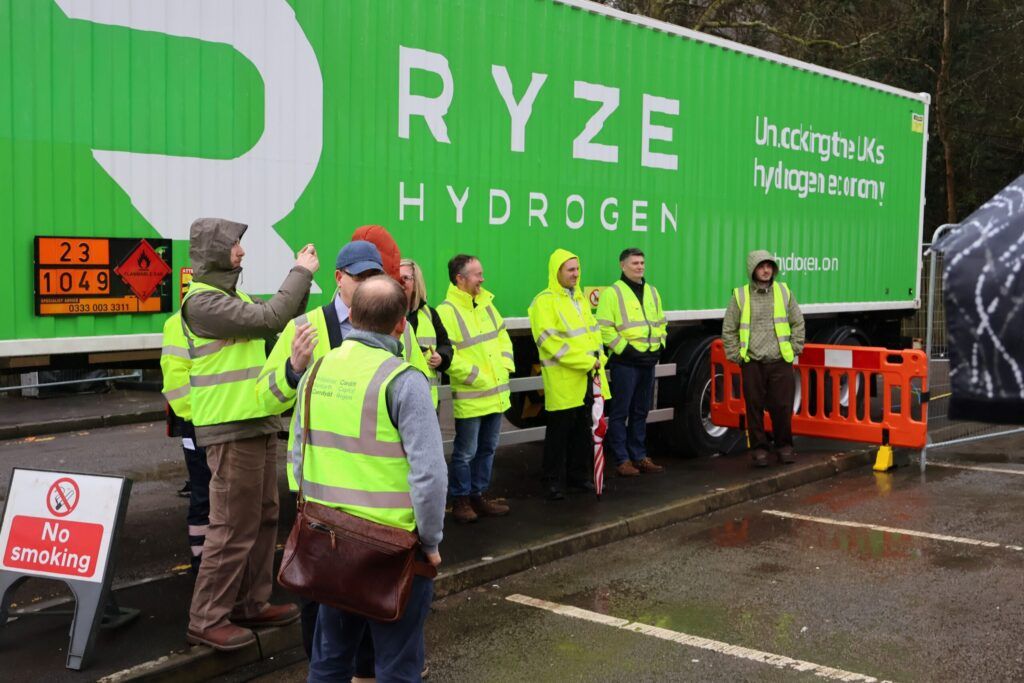UK trade association BEAMA has released a new report outlining the steps needed for a decarbonised supply chain, while enhancing the competitiveness of its manufacturing sector.
Called Securing the Future: A Policy Roadmap to Accelerate Industrial Decarbonisation and Strengthen Supply Chains, the roadmap highlights the need for a robust Industrial Strategy from the UK Government, featuring clear regulatory frameworks, international alignment, and government-industry collaboration.
Key recommendations from the report include:
- Establishing government guardianship to standardise sustainability metrics and ensure market fairness.
- Developing a comprehensive Industrial Decarbonisation Roadmap to guide sectors through their transition.
- Balancing immediate emissions reductions with long-term industrial growth strategies.
- Supporting SMEs through phased regulation and tailored guidance.
- Encouraging international alignment to reduce trade barriers and inefficiencies.
The roadmap underscores “BEAMA’s readiness to partner with the Government to ensure an effective and equitable transition to Net Zero”, it said.
The report also highlights its commitment to fostering supply chain innovation and resource efficiency through its BEAMA 2050 Connected not-for-profit subscription, designed to support the energy and built environment sectors in achieving sustainable growth in an aligned and consistent way.
Yselkla Farmer, CEO of BEAMA, said:
“Our markets are at a pivotal moment. Government leadership and effective collaboration with industry are essential to secure a sustainable, competitive future for UK manufacturing.
“We are pinned as one of the largest growth sectors for the UK as we decarbonise our energy system – we need to do this sustainably. This roadmap offers the framework needed to navigate the challenges of decarbonisation and seize the opportunities it presents.”
Carl Ennis, CEO of Siemens UK and Ireland, said:
“Much of the technology needed for decarbonisation is already available.
“What we need now is coordinated supply chains and government clarity to drive rapid deployment.”












